Soccer
Football Chiefs Urge EU to Check FIFA’s New Match Schedule
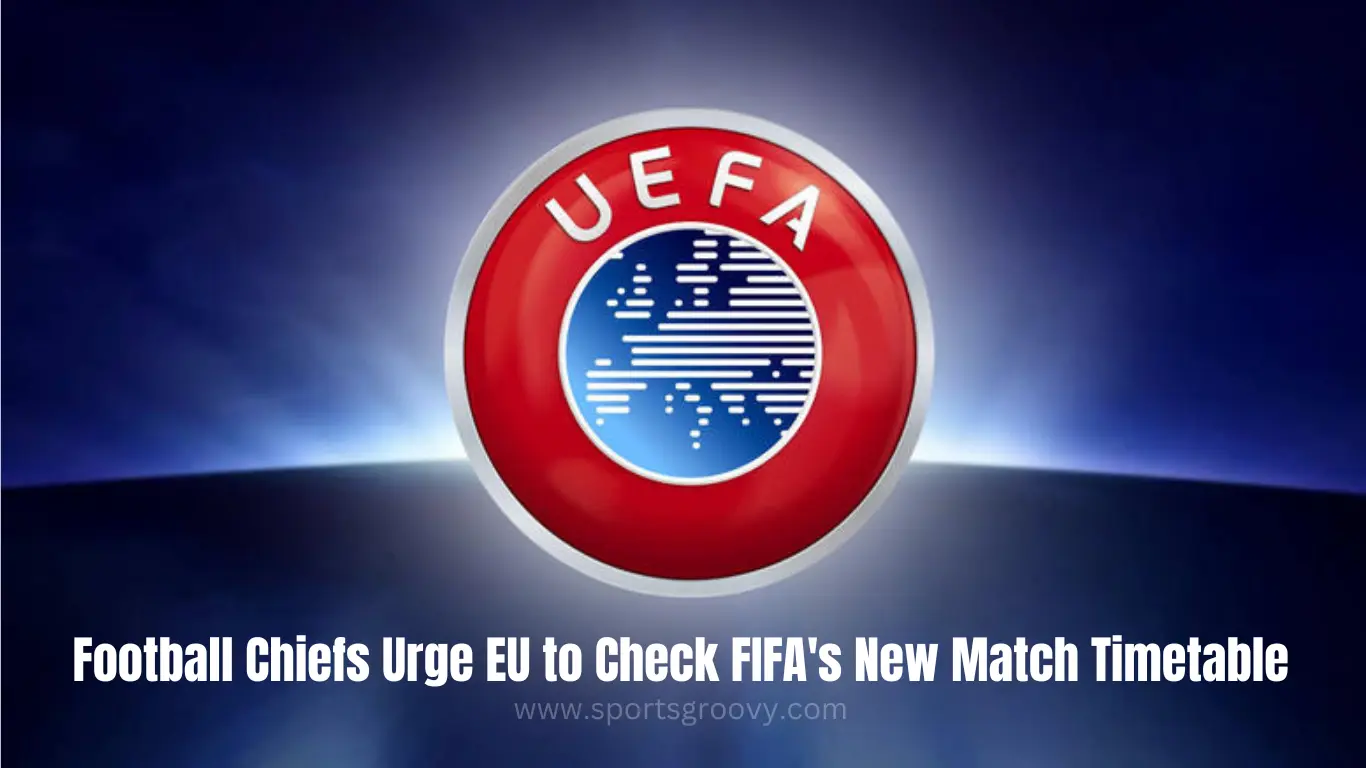
Football leaders are expressing significant concern over FIFA’s plans to alter the international match schedule and seeking intervention from the European Commission. The World Football Players Union, FIFPRO Europe, along with the European Leagues Sports Association. While, its argue that top players are struggling with an overloaded match calendar.
Read Also: Thiago Silva suggested Messi would have quit if he faced the same criticism as Neymar
FIFPRO and European Leagues’ Concerns
FIFPRO Europe and the European Leagues sports association have raised alarms over the impact of FIFA’s currently added accelerated Club World Cup, set to begin in 2025. They argue that this addition exacerbates the already congested suit calendar, posing risks to gamers’ fitness and well-being.
Complaint to the European Commission
In a formal criticism of the European Commission, FIFPRO and the European Leagues claim that FIFA has violated EU opposition guidelines. They argue that FIFA has abused its dominant position by using making unilateral choices about the suit schedule. While, its without good enough sessions with countrywide leagues and gamers’ representatives.
Calls for Transparent Scheduling
For years, leagues and player unions have urged FIFA to establish an obvious and equitable procedure for scheduling global fits. However, they assert that FIFA has continually neglected those requests, prioritizing its business pastimes over the welfare of countrywide leagues and gamers.
FIFA’s Defense
FIFA, in response, stated that the new match calendar approved by the FIFA Council. Which includes representatives from all continents, including Europe. FIFA claims that thorough consultations held with FIFPRO and league groups before finalizing the calendar.
Ongoing EU Football Issues
This complaint adds to a series of football-related issues currently under the EU’s scrutiny, including the contentious European Super League proposal. While, disputes over high-earning agents, and concerns about potential Gulf subsidies in football.
Overcrowded Match Calendar
FIFPRO Europe and the European Leagues argue that FIFA’s decisions have created an overcrowded international match calendar, jeopardizing players’ health. A 2023 FIFPRO report highlighted that the expanding football calendar is putting increasing pressure on players. Which resulting in less time for rest and recovery, and frequent travel leading to sleep deprivation.
FIFA’s Perspective
FIFA contends that its international calendar is crucial for balancing global and local football. It ensures that international matches and tournaments thrive alongside club football. FIFA criticized some European leagues for focusing excessively on their financial interests, such as making money from friendlies and summer tours. Which often involve extensive travel and disregard the impact on the global football community.
Potential Legal Action
In May, FIFPRO and the World Leagues Association warned FIFA of possible legal action if the dates for the Club World Cup were not revised. This tournament, scheduled for June and July 2025 in the United States and involving 32 teams, has been a point of contention. They also requested a pause on the Intercontinental Cup until an agreement is reached. Despite these requests, FIFA’s match maintained the schedule, asserting compliance with player rest period regulations.
Legal Proceedings in Brussels
In June, the English and French player unions, part of FIFPRO Europe, initiated legal proceedings against FIFA. They approached the Brussels Court of Commerce, seeking legal advice from the EU’s top court regarding the issue.
Conclusion
FIFA’s decision to proceed with the expanded Club World Cup and other scheduling changes has led to significant unrest among football leaders. Who argue that players’ health and fair competition are being compromised. As the debate continues, the European Commission’s response and potential legal outcomes will be critical in determining the future of international football scheduling.
-

 Soccer3 months ago
Soccer3 months agoDutch Fans in Blackface to Imitate Ruud Gullit, One Agrees to Stop
-

 Soccer2 months ago
Soccer2 months agoEx Glamour Model Says Party with England Team Before Euros
-
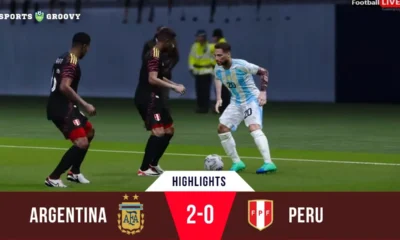
 Soccer2 months ago
Soccer2 months agoArgentina vs Peru 2-0 Highlights & All Goals Copa America 2024
-

 NBA3 months ago
NBA3 months agoCelebrate with the Boston Celtics: Parade and Traffic Updates
-
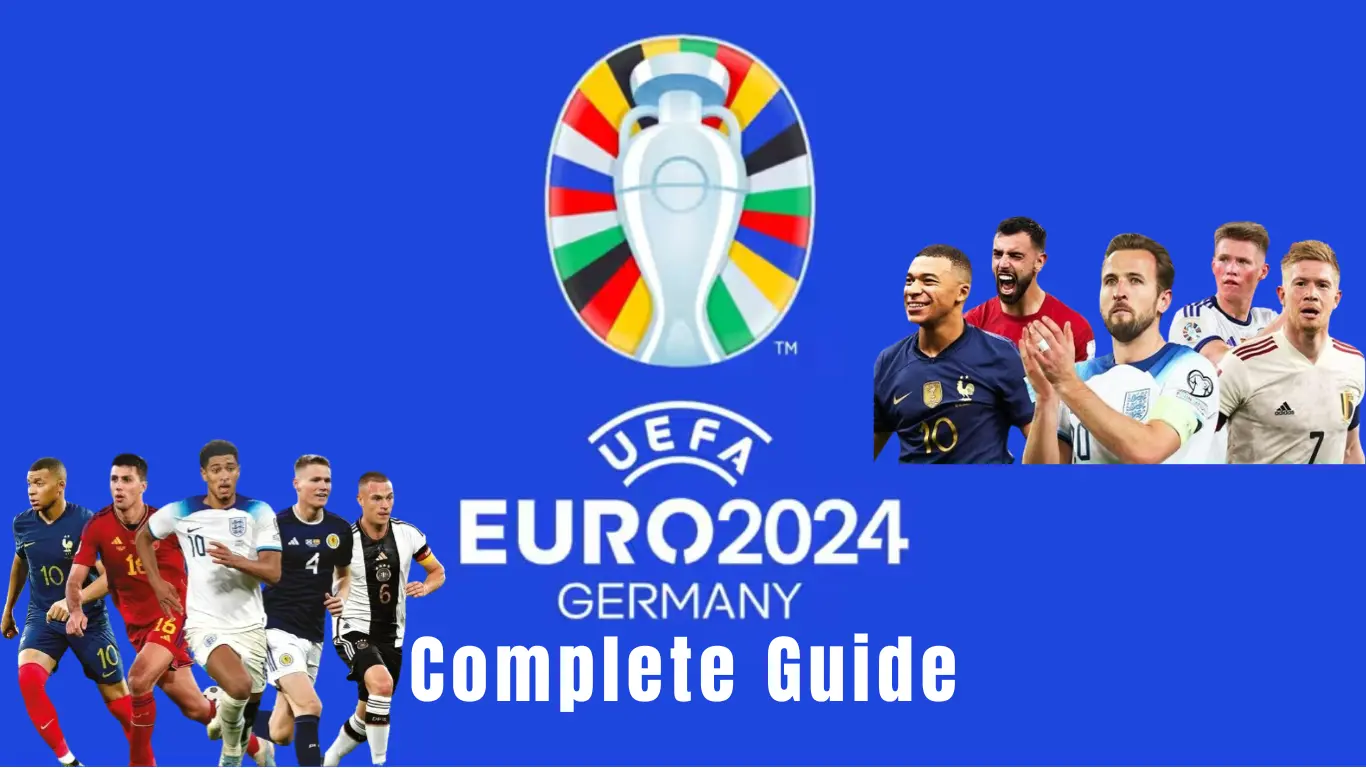
 Soccer3 months ago
Soccer3 months agoUEFA EURO 2024: Essential Guide and Key Information
-
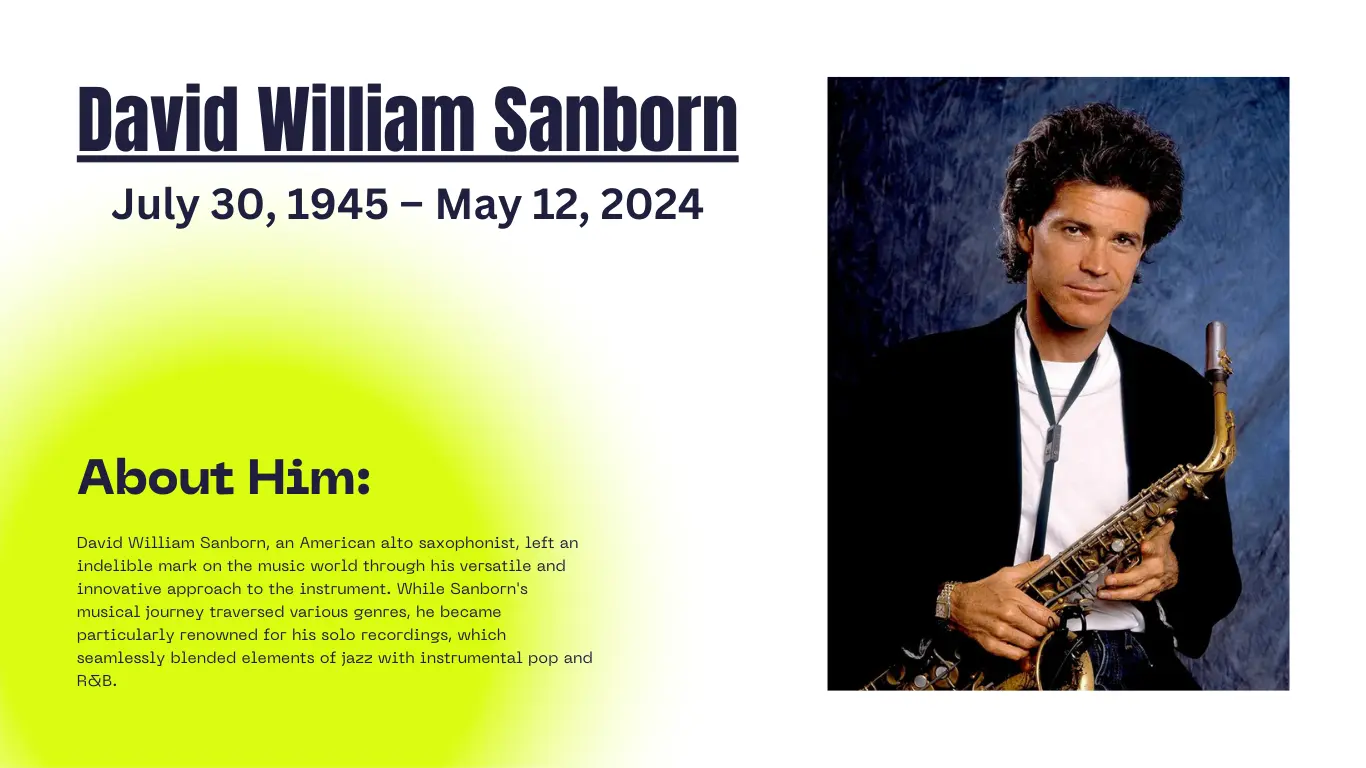
 Celebrity4 months ago
Celebrity4 months agoDavid Sanborn, American Alto Saxophonist, Died at Age 78
-

 Basketball4 months ago
Basketball4 months agoExploring the LA Lakers Journey in the Absence of LeBron James
-
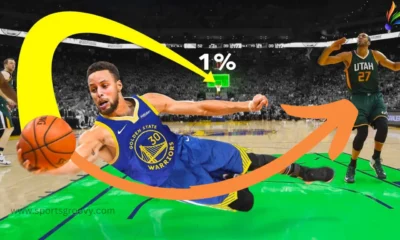
 NBA2 months ago
NBA2 months agoLong Distance NBA Shots From Level 1 to 100













